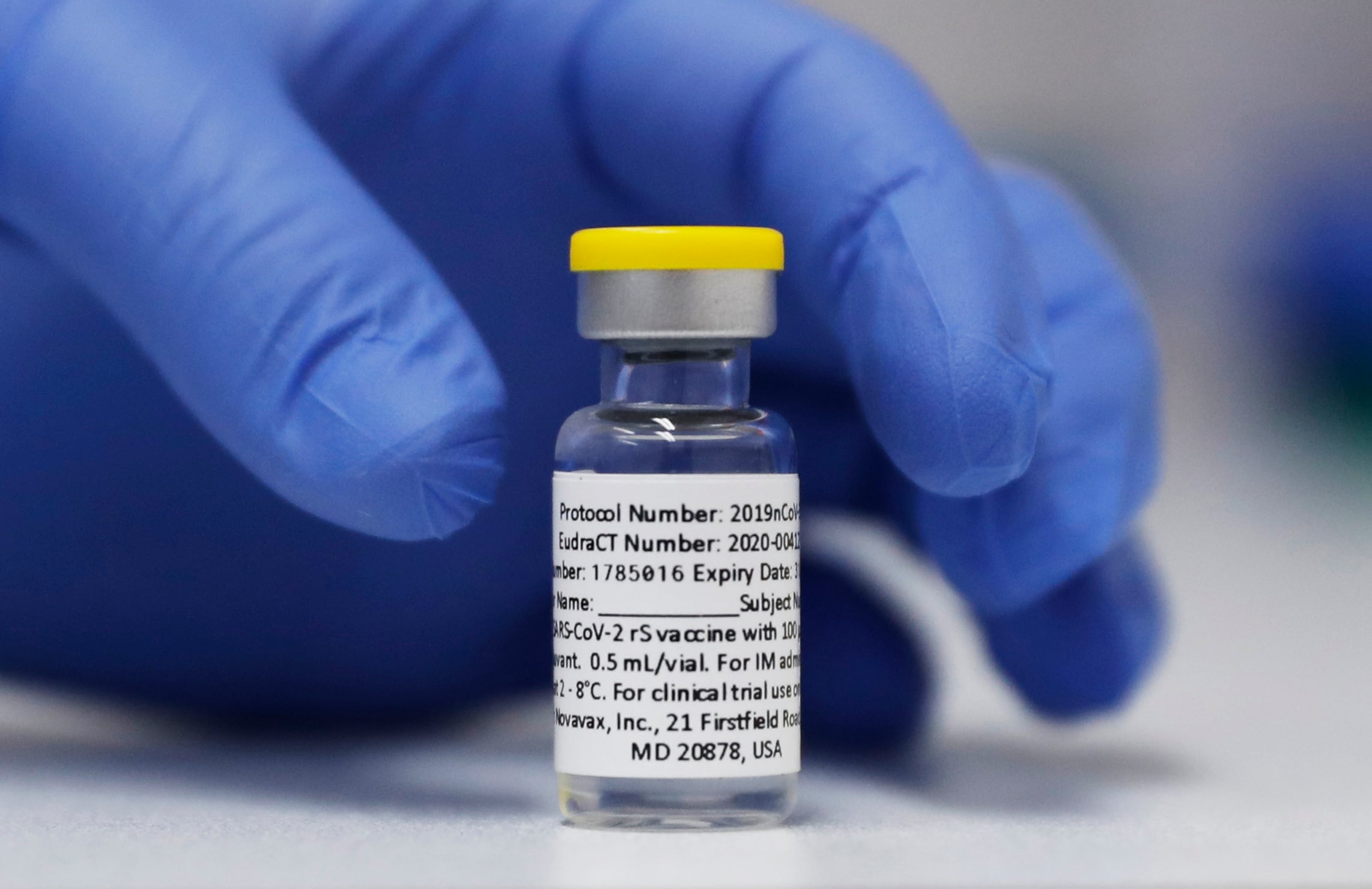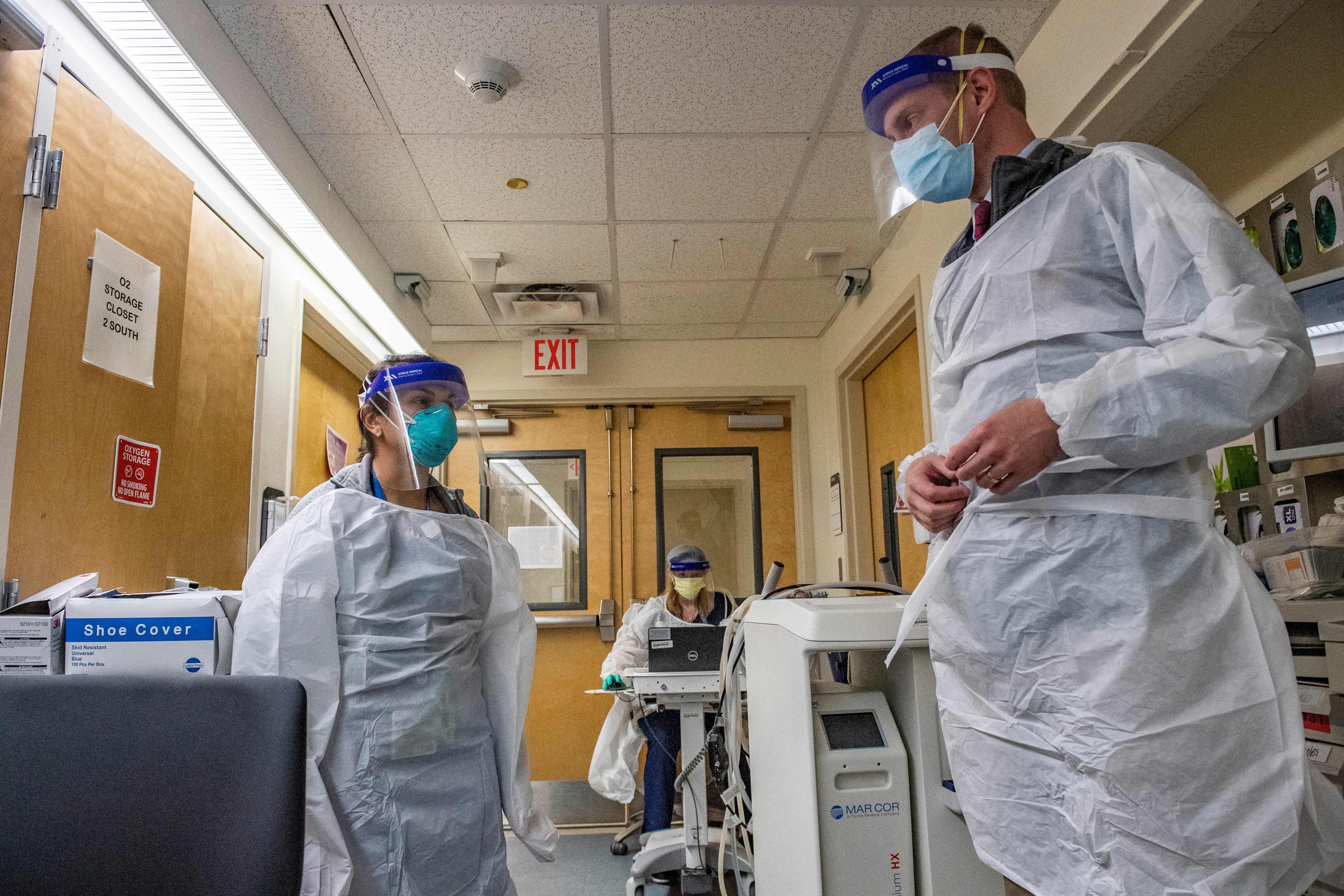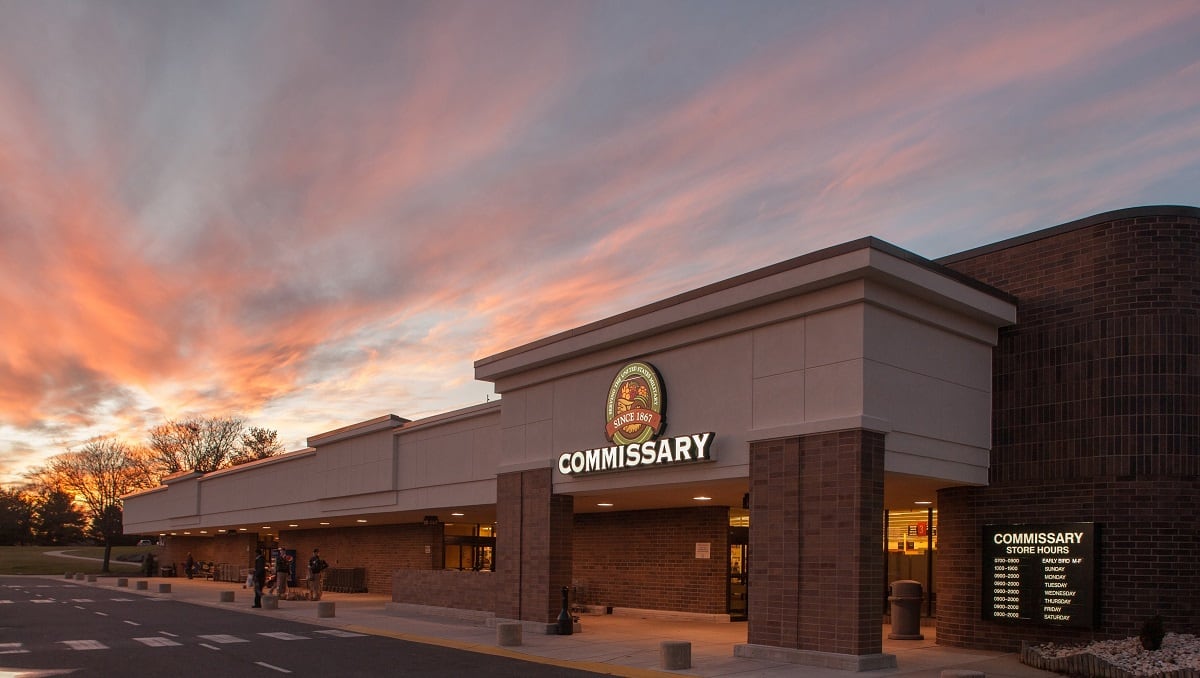Researchers believe that tens of thousands of veterans nationwide may be suffering from long-term effects of COVID-19 infection and are urging physicians to more closely monitor their patients for indications of lingering medical problems.
A new guidebook from the Department of Veterans Affairs’ Long COVID Integrated Project Team, publicly released on Tuesday, warns that defining and diagnosing which patients have “long COVID” remains difficult, because of the wide range of signs and symptoms associated with the virus.
RELATED

But it also emphasizes that medical providers — both within the VA and outside it — need to keep the virus in mind as patients return for regular health appointments and detail complaints that could point to ongoing, serious health problems.
“VA research has led to key findings about Long COVID, including that patients who recovered from COVID-19 were significantly more likely to have heart and vascular disease a year after infection; patients who contracted COVID-19 had a 60% higher risk of mental health challenges one year after recovering; and more,” department officials said in a statement.
The document release came just one day ahead of federal regulators approving new COVID-19 booster shots targeting the newest strains of the virus. Delivery of those vaccines is expected to begin in coming days.
More than 615,000 veterans connected to the VA health care system have contracted coronavirus in the 30 months since the American pandemic began. Of those, more than 22,000 have died from complications related to the illness, with around 5,000 deaths in 2022 alone.
Researchers say they believe more than 40,000 veterans connected to VA health care are suffering from long COVID, based on reviews of department cases.
RELATED

Past studies have shown that about 2% of coronavirus cases result in lingering health issues more than four weeks after an initial diagnosis. VA patients have been more prone to contracting COVID than the American public because they are generally older and have more underlying health complications.
Other studies have shown that 48% of patients had dizziness or headaches four weeks after contracting the virus, and up to 16% had loss of smell or taste two months later.
VA researchers have been among the national leaders in the long-term effects of COVID-19 infections, with 20 separate long COVID programs established at department facilities across the nation.
Leo covers Congress, Veterans Affairs and the White House for Military Times. He has covered Washington, D.C. since 2004, focusing on military personnel and veterans policies. His work has earned numerous honors, including a 2009 Polk award, a 2010 National Headliner Award, the IAVA Leadership in Journalism award and the VFW News Media award.





